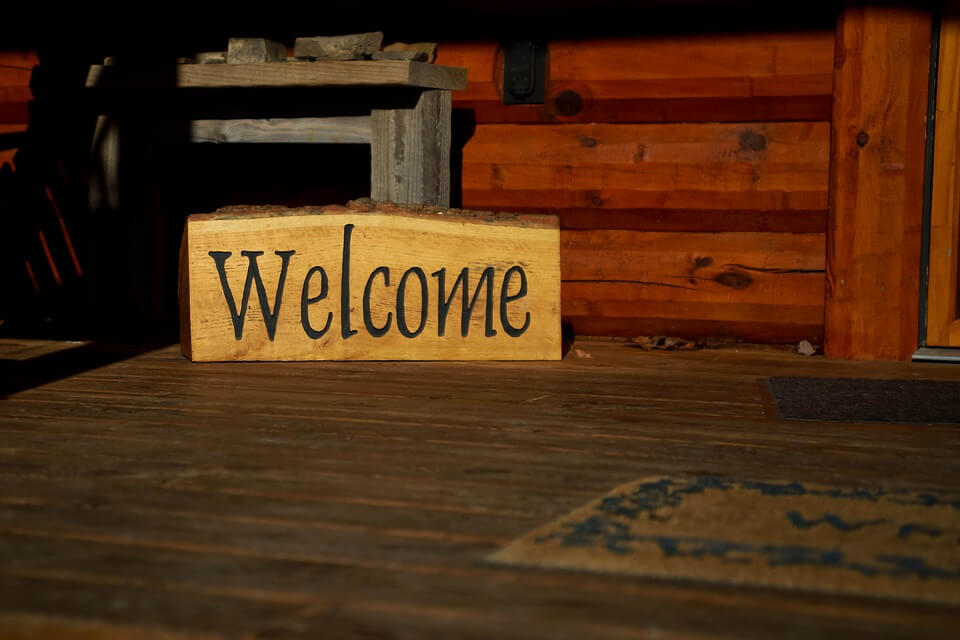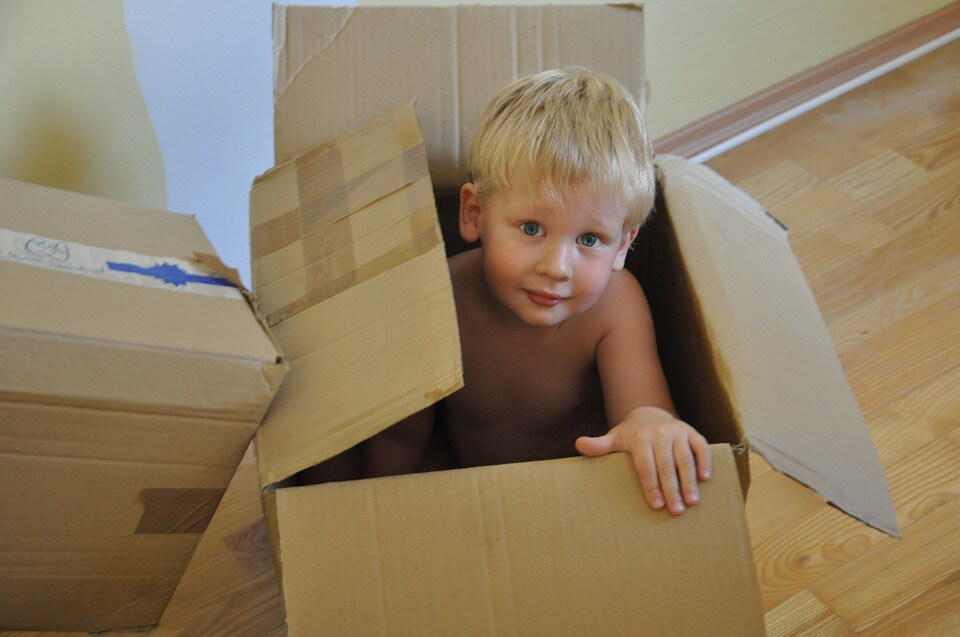Things You Should Know After Moving Into a New House

Moving into a new house sounds like an exciting experience because it's like you've been handed another lease of life in a new location, a better home, and in a new neighborhood. When things are done right, it may as well be your opportunity to start over and experience the other side of life that you did not know before the move.
But even after keenly following your moving checklist, there are still things that could go wrong, crucial things that if not handled and taken care of, may jeopardize your life in the new house. After all, it's not every day that you get to rearrange your house, move things around, or change your address. There will be a few hiccups along the way, but it's important that things go just as planned.
To take advantage of your relocation, below are things you should know after moving into a new house.
1. Getting Your Utilities Running
The minute you place your feet in the new house, you'll need to have a few things already running. For instance, if it's during chilly weather, you'll not like the idea of spending the night in a new cold and chilly house. This is not the way to welcome your family into their new home. It's essentially important to have your utilities up and running. This means arranging the connection of the main utilities such as gas, power, and water before moving. The folks from Usave say that finding out who your electricity and gas suppliers are is among the most important things. In the UK, for instance, the helpline for gas is always located on the meter or on documents provided by the landlord. For power, on the other hand, you can find your supplier through the Energy Networks Association or by calling the regional electricity distribution helpline. If you have to choose your suppliers before moving, some things you may need to look at include:
- Range of services
- Customer services
- Plan length and contracts
- Pricing
- Responsiveness
Remember, unlike in yesteryears when you had to be restricted to a single provider, today, you have the option of choosing between electricity providers. This is not an easy decision, but once you realize that it can impact your safety, comfort, and budget, it can help towards making a sound and wise decision.
2. The Importance of Inspecting the Delivery Boxes

When moving, most people will inspect their inventory way later, after the moving company has left. Not many people will have a delivery checklist. This will come in handy when inspecting the delivered boxes as well as other luggage. Before the movers leave, it's imperative that you inspect the moving containers and boxes. This will help to avoid incurring losses from missing or damaged belongings. It's to be assumed that you were prudent enough to choose an insured mover when relocating. This will help when it comes to replacing any broken or damaged goods.
3. House Inspections Are Mandatory
Immediately you move into a new house, you'll need to thoroughly inspect for signs of damages, pest infestation, plumbing issues, or any other issues that may compromise your comfort and safety. One clever trick you can use is to hire a house inspector to perform a thorough house inspection. This will help take the load from off your shoulders considering the fact that you'll already be too overwhelmed with the move. The house inspection should not be limited to the interiors only, you'll also need to scour the back yard and front yard as well as checking the compound perimeters for any signs of perimeter breaches.
4. Securing Your New House

Once you have everything running, it will be time to secure your new house against any unauthorized access. This means changing the locks on all the front and back doors. If it means updating the security apparatus or installing new ones, so be it. Today, choosing home security systems may be a little complicated than expected. There are so many options to choose from and this can make your decision-making process a painstaking one. But among the features you need to be on the lookout for when choosing a home security system may include:
- Wireless options
- Video and audio features
- Extraneous sensors
- Apps interface and integrated features
Modern home security systems have been designed in such a way that they'll come in handy during fire and flood emergencies, keeping burglars at bay, and helping ensure your family's safety and security even in your absence.
As you can see, moving is not as easy as it may sound. The above pointers, however, will help towards ensuring that you're well settled in, safe, and secure. You'll have all the time you need to open that bottle of champagne but after you've gone through the above pointers.
839GYLCCC1992



Leave a Reply